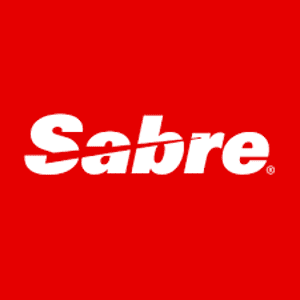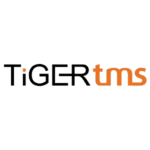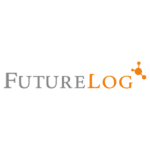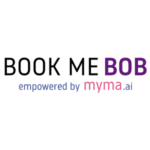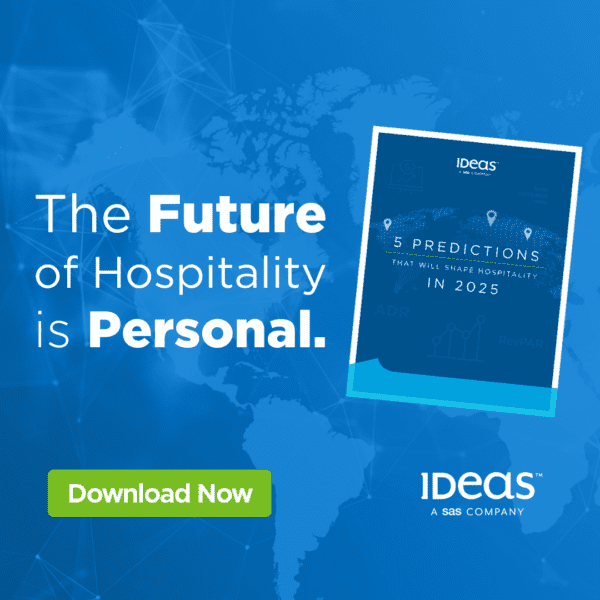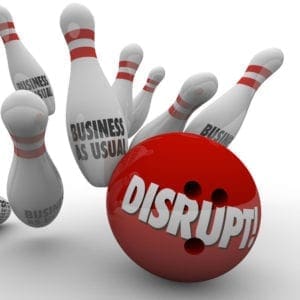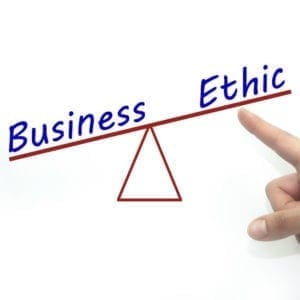Do you find your website generating a large volume of traffic but not yielding enough conversions? This is one of the greatest challenges many hoteliers face when it comes to their digital marketing success. Identifying the potential causes of failing to convert lookers into bookers is the first step in solving this very common problem.
The most obvious reason as to why you may have difficulty in converting online visitors into potential guests is your site’s inability to attract relevant users. If you have not yet identified who your target market is, then don’t expect any conversions flooding in. Many hoteliers primarily focus on optimizing for traffic and forget to optimize their site for conversions. Attracting a large volume of traffic to your website is essentially pointless if majority of those visits are not converting into real life bookings.
With that said, when designing your website, keep in mind to simultaneously optimize for both traffic and conversion. As you know, your hotel website is one, if not the most important sales and marketing channel for increasing direct bookings. Don’t be everything to everyone, instead focus on who your target audience is and provide value and an unparalleled user experience that makes booking convenient and effortless.
Follow these five simple steps to boost your site’s conversion rate and be well on your way to driving more direct bookings:
Focus on usability and user experience
When you think of usability and user experience you may automatically think a technical fix is needed. However, before you call on your IT guy or programmer, usability and UX are actually quite easy terms to comprehend for hotel marketers. Although you may think they are one in the same, usability and UX possess different meanings. Improving the usability on your website has to do with making it easy for the online visitor to navigate your site by simplifying the booking process and providing ‘straight to the point’ information.
On the other hand, providing a great UX is focused on creating a meaningful connection with the online visitor through the use of the photography and content on your site. When you make it easy for users to find what they want and need on your site, the better chances they will convert.
Highlight your property’s assets with photography and videos
It takes great photography and imagery to get users to want to read further into your site’s content, which is why it’s critical that you invest in high quality photography and videos. Users may not necessarily read your entire content before deciding to book with you. All it might take for someone to book with you, is if they like what they see.
Give travel shoppers what they want to see while staying true to your property’s attributes. For instance, don’t market yourself as a five-star luxury hotel when your property is clearly a budget friendly hotel. Instead portray your property in its truest form by up-selling your hotel’s value propositions. For example, you may not be a luxury hotel, but if you are near a high demand generator, then be sure to highlight that on your website through the use of imagery.
Allocating a marketing budget to hire a professional photographer to capture photos of your property, will be great investment when you begin to see conversions resulting from it.
Provide content that speaks to your audience
An effective way to evoke emotion through your hotel’s website is by effective storytelling, When you provide content that speaks directly to your target audience, you create and favorable impression and an emotional connection that will inspire him/her to book on your site. There is no question that emotion influences purchase intent.
For example, when a shopper buys a tangible product, him/her will be influenced by the marketing message behind the product. In a similar way, travel shoppers are also influenced by the marketing message that they read on your hotel’s website. That being said, supplement the imagery displayed on your site with compelling content that paints a picture for potential guests. Use storytelling to help users envision themselves already staying at your property. Be sure that any information you share on your site is providing value to your potential guests. When you provide engaging content, you give users another reason to want to book direct with you.
Share user generated content to promote your property
An impactful way of giving users more confidence in booking direct with you and increasing conversion rate is by sharing user generated content (UGC) to better promote your property; given that you have good reviews. Believe it or not, your guests are your most influential marketers, so why not share what they have to say about your hotel? If you have great reviews why not showcase that on your website? This gives users further confidence in booking with you.
Also, by displaying your reviews on your website, it eliminates users from bouncing off your site and going directly to review sites like TripAdvisor, Expedia and Yelp. Furthermore, clearly display a Facebook or/and Twitter feed on your site, so visitors can visibly see what interaction is going on and what former and future guests have been saying about your hotel. When people see that your property is constantly being talked about on social media, the greater reassurance they have in wanting to book with you especially if your hotel is receiving rave reviews. Use UGC to your advantage and let it be a driving force to not only promoting your property but also encouraging direct bookings.
Establish clear path to conversion
Last but certainly not least, establish a clear path to conversion. This means that you’ve made it clear where to book a room and provided a simple step by step reservation process. It’s also very vital that you have strong call to action with a ‘Book Now’ button that is prominently displayed on every page.
Remember, the more steps you have, the more likely the visitor will abandon the booking process. So choose a booking engine that is compatible with your site and complements the look and feel of your site’s design. Since this is where you want your users to convert, be mindful of how you are optimizing this process. Travel shoppers want convenience, simplicity and ease of use when it comes to booking, so provide this for them by eliminating any unnecessary questions and ensuring that your platform is secure when they’ve checked out.
Also, create urgency by mentioning how many rooms are available. This would persuade users to book now instead of later.
As you can see from these five simple steps, it is never too late to get your website to perform at its best when you implement these tips. Don’t rely on traffic to be the basis of your digital marketing success – instead measure your conversions and see what areas you need to improve on to boost that conversion rate. Use these tactics to recover abandoned reservations and gain those direct bookings.
About the author
Melody Ciria is a Destination Marketing Strategist and leads the Social Search Marketing Team at E-Marketing Associates. She has experience in the hospitality industry and specialises in tailoring social search optimization for independent hotels. E-Marketing Associates works exclusively with independent hotels to help maximize bookings with the use of our innovative online marketing products.



